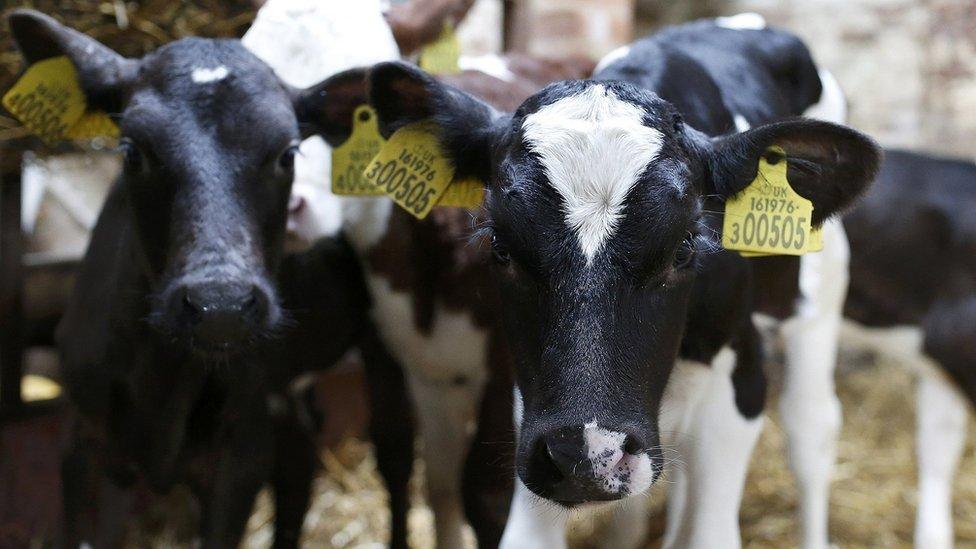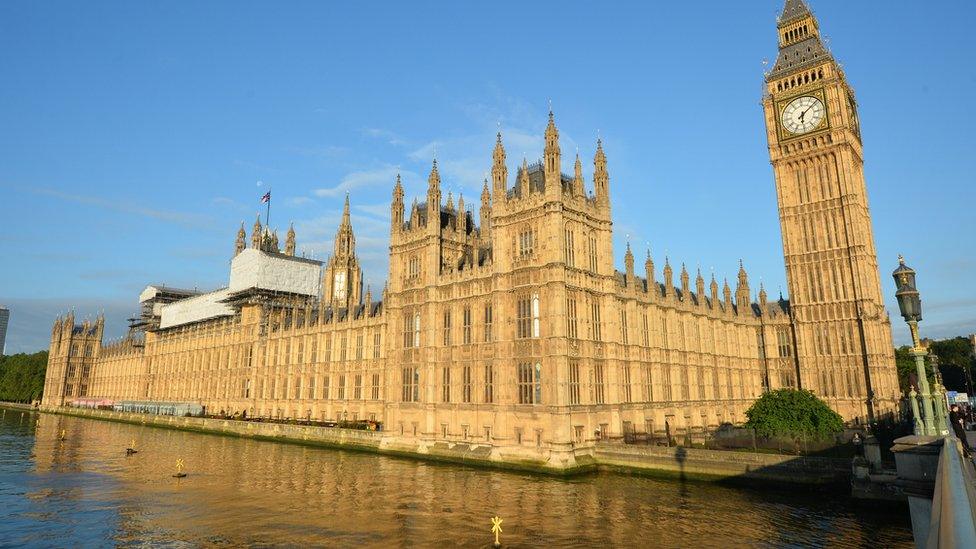Wales Act carries seeds of own destruction, says Rawlings
- Published

Another Wales Bill could come as soon as the next UK parliament in 2021, a leading constitutional expert has said.
Prof Richard Rawlings, who serves on the Welsh advisory committee of the Law Commission, told BBC Radio Wales the 2017 Wales Act "carries the seeds of its own destruction".
Devolution principles set out by the Silk Commission had been "chipped away" through the process of passing the law.
The UK Government's Wales Office declined to comment.
UK ministers pledged to deliver a "lasting" devolution settlement, with Welsh Secretary Alun Cairns saying he wanted to end the "constant squabbles over where power lies".
'Backward-looking'
The legislation gives the assembly new powers over income tax, transport, energy, and its own elections.
The act also moves to a "reserved powers" model, by which power is assumed to be devolved in all matters except those specifically retained by Westminster and Whitehall.
But some politicians in Wales have claimed the list of reservations is too long and "claws back" power in some areas.
Mr Rawlings told the Sunday Supplement programme: "I think that you could be looking at another Wales Bill in the next UK parliament.
"You see a backward-looking approach by Whitehall trying to base the new system on an old set of powers.
"You see an elite and closed form of constitution making - you see an excessive fragmentation of powers in the arrangement that's delivered.

The return of powers from the EU over areas such as farming will lead to further differences within the UK, Mr Rawlings says
"In a sense there is a basic lack of constitutional vision that has run all the way through the last 20-25 years of Welsh devolution.
"Because of that lack of constitutional vision in the legislation, we have to keep revisiting (the settlement)."
Mr Rawlings said the Silk Commission's attempt to outline a set of principles for Welsh devolution had been "chipped away at through deals, through technicalities and through machinations in the background".
"So that some very high hopes that we had right at the beginning of the process leading up to the Wales Act have in so many ways been disappointed," he said.
The professor said he also thought there would be pressure for a separate Welsh legal jurisdiction, and Brexit would have an impact through different policies on matters currently handled at EU level, such as agriculture.
He argued for "moving Wales closer to the kind of situation that we see in Scotland", which had a reserved powers model with fewer exceptions.
- Published31 January 2017

- Published15 December 2016

- Published18 January 2017

- Published22 November 2016

- Published1 February 2016

- Published14 December 2015

- Published20 October 2015
